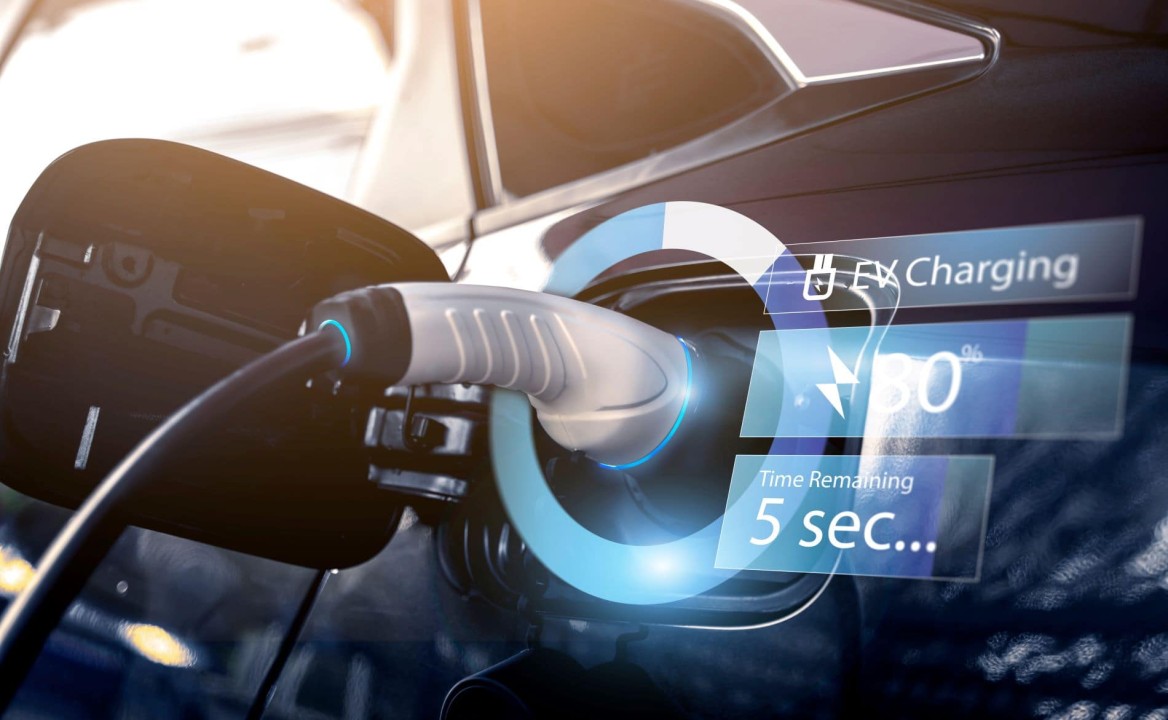Electric vehicles (EVs) have transitioned from a niche market to the future of transportation. With rapid advancements in technology and rising environmental concerns, the EV industry is moving swiftly toward a cleaner, smarter, and more sustainable future. Here are the key innovations shaping the next generation of EVs.
- Solid-State Batteries
One of the most promising advancements in EV technology is the development of solid-state batteries. Unlike traditional lithium-ion batteries, solid-state batteries utilize a solid electrolyte, which offers higher energy density, faster charging times, and improved safety. Companies like Toyota, QuantumScape, and BMW are at the forefront of this technology, with plans to bring solid-state batteries to market by the mid-2020s. This breakthrough could significantly extend driving ranges and reduce costs, making EVs more accessible to the general public.
- Wireless Charging
Imagine charging your EV without having to plug it in—wireless charging is making this a reality. Companies such as WiTricity and Electreon are developing inductive charging systems that allow EVs to charge simply by parking over a charging pad. This technology is already being tested on public roads and in parking lots, paving the way for seamless and hassle-free charging experiences.
- Autonomous Driving Features
Self-driving technology is becoming a cornerstone of the EV revolution. Tesla’s Full Self-Driving (FSD) system, GM’s Super Cruise, and Rivian’s Driver+ are pushing the limits of autonomous driving. These systems use advanced AI, cameras, and sensors to enable features such as lane-keeping, adaptive cruise control, and even fully autonomous navigation. As regulations evolve, fully autonomous EVs could redefine mobility, particularly in urban areas.
- Major Players and Traditional Automakers
Tesla continues to dominate the EV market with its cutting-edge technology and expansive Supercharger network. At the same time, Rivian is gaining attention with its rugged electric trucks and SUVs, targeting adventure enthusiasts. Traditional automakers like Ford, GM, and Volkswagen are also making a significant transition to EVs, investing billions in electrification. Ford’s F-150 Lightning and GM’s Ultium platform are prime examples of how legacy automakers are embracing the EV revolution.
- Sustainability and Recycling
As EV adoption increases, the focus on sustainability becomes even more critical. Companies are developing recycling programs for used batteries, ensuring that valuable materials like lithium and cobalt are reused. Innovations in battery chemistry, such as lithium-iron-phosphate (LFP) batteries, are also minimizing reliance on rare and expensive materials.
The Road Ahead
The future of EVs is promising, with technology driving unprecedented changes in how we think about transportation. From solid-state batteries to autonomous driving features, these advancements are not only making EVs more efficient and affordable but also helping to combat climate change. As major players and startups continue to innovate, the EV revolution is poised to transform the automotive industry—and the planet—for the better.

Leave a Reply